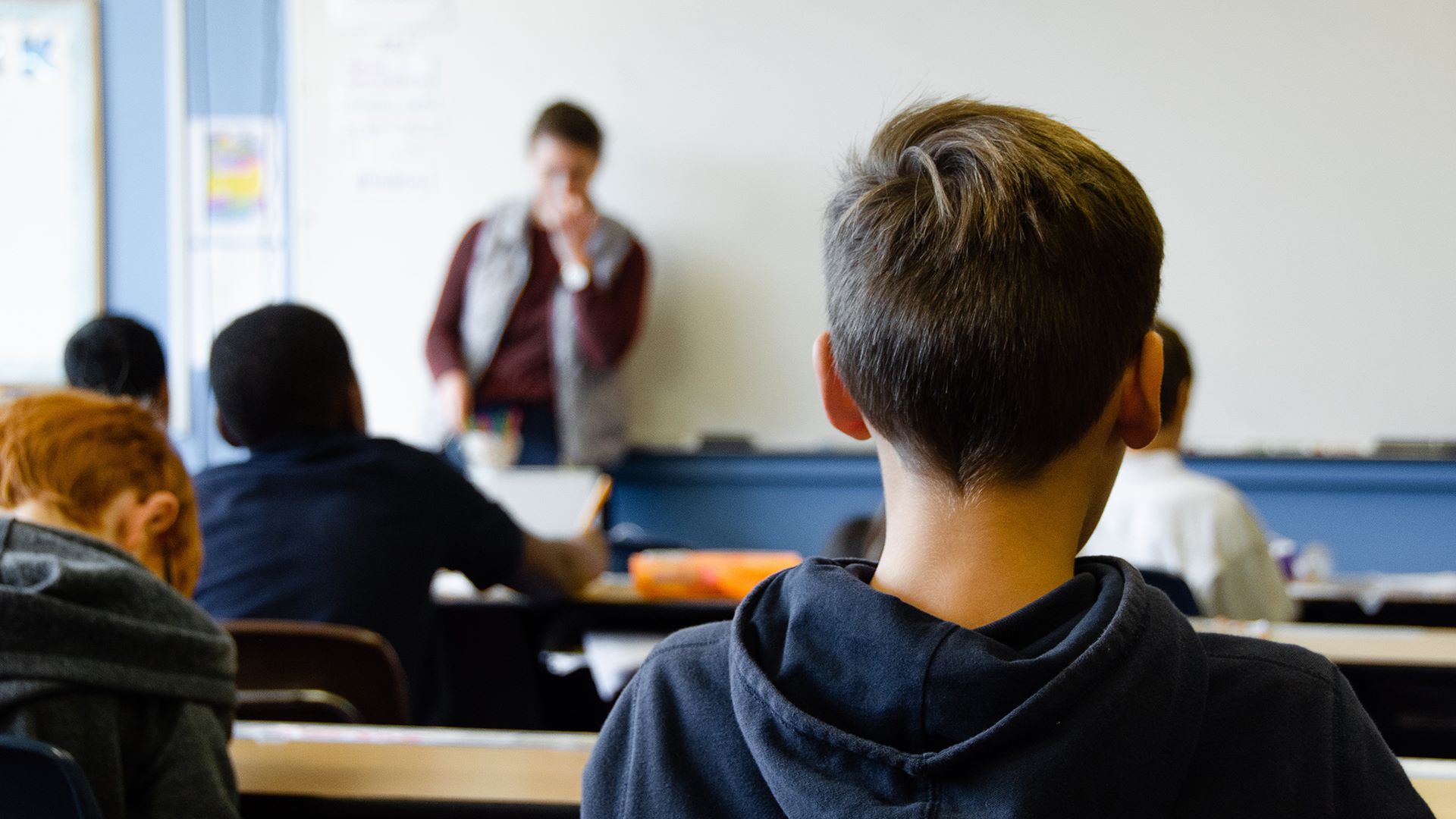Event
Methodological and Sociological Reflections on Pupil Segregation in England

In this online seminar, Sean Demack will share his work surrounding the use and implications of segregation processes in secondary schools.
About Sean Demack
I am grateful for being given the opportunity to give this paper and would value comments, perspectives, and challenges to help further my thinking. I have been moving between the methodological and sociological interpretations and implications of Boylan et al., (2015) and Demack et al. (2022) for the last few years. I have had some intellectual progress with methodology and sociological theory but much less on the practicalities of how such a rigidly segregated system could be de-engineered.
I am the deputy head of a research centre (SIRKE) at Sheffield Hallam University and have been involved with around 16 large scale RCT-centred evaluations over the last 10 years. I also teach and have worked on many other research projects and have published on the use/misuse of statistics in educational research around race/ethnicity (Demack, 2020 & 2023; Gillborn et al., 2021; 2018 & 2017).
My memories of segregation are from my secondary school where tests were used to allocate pupils to sets for Maths, English, Modern Languages and Sciences. I remember in Maths; we had a term learning about ‘tessellations’ that was used to form groupings from the start of January. I was allocated highly for Maths and Science (except Biology), middle for English and low for Modern Languages.
I now reflect on how mundane, normal, and naturalised the segregation processes were through my secondary school. The concepts of ‘clever’ and ‘not clever’ seemed to be accepted ‘truths’ in the classroom and playground. I also have a recent parental experience of secondary school for my daughter. The school was ‘comprehensive’ and progressive in many ways (e.g. it has no uniform) but segregation was deployed in Maths, English, Modern Languages and Sciences. From this experience, I was surprised by the lack of clarity on the ‘ability grouping’ allocations and the basis on which they were done. The more I have considered segregation, the more problematic it appears. It seems that a perception of teaching being ‘easier’ in a segregated system is one reason for its continued use (along with influence of middle-class parents). The evidence about what segregation means for learners is rather limited but what is available suggests that the impact on attainment is negative (or neutral at best). The lack of evidence that segregation benefits pupils along with the inevitable socio-economic and demographic biases that are engineered by the current segregated system suggests that moving away from such a system could bring seismic progressive social change.
Event programme (online)
12.30pm – 1pm: Sean Demack will present his research findings to the group.
In 2015, Boylan et al. published the findings of an RCT-centred evaluation of a secondary maths programme funded by the DfE. Whilst the evaluation provided no evidence of impact (on improving maths attainment) for the programme, the multilevel analyses did uncover some striking structural patterns. A rare 3-level RCT design and analysis was adopted that acknowledged how pupils were clustered into classrooms which in turn were clustered into schools. The analyses revealed that the majority of pupil differences (or variance) in maths attainment were found at a structural level; between-schools and (predominantly) within-schools, between-classrooms. I have since reflected on the findings and implications of Boylan et al., (2015) in other projects and publications. First, in relation to evaluation research and design of RCTs that acknowledge the structural contexts of education and schools (Demack, 2019; Demack et al., 2022). Second, in relation to the sociology of education and the historical enthrallment with between- and within- school segregation of pupils in England (Demack, 2021 & 2023).
This paper highlights key findings from these publications and discusses their implications. Methodological reflections for RCT design are summarised alongside sociological reflections on educational equality of opportunity (in England). I begin with a visualisation of four statistical ‘extremes’ of pupil segregation before touching on key findings and implications. I end by returning to the visualisation to identify which of the statistical extremes best reflects the English education system.
- Demack, S. (2023) Pupils segregated: inequality engineered. Paper given at the Radical Statistics conference in Sheffield, March 25th 2023
- Demack, S., Boylan, M., Culliney, M. & Wolstenholme, C. (2022) Evaluation of Realistic Maths https://educationendowmentfoundation.org.uk/projects-and-evaluation/projects/realistic-maths-education
- Demack, S. (2021) The statistics of pupil segregation in England. RadStats 129, Demack129.pdf (radstats.org.uk)
- Demack, S. (2019) Does the classroom level matter in the design of educational trials? A theoretical and empirical review. https://educationendowmentfoundation.org.uk/public/files/Publications/Does_the_classroom_level_matter.pdf
- Boylan, M., Demack, S., Willis, B., Stevens, A., Adams, G. & Verrier, D. (2015) RCT-centred evaluation of Multiplicative reasoning professional development programme. https://www.gov.uk/government/publications/multiplicative-reasoning-professional-development-programme
1 – 1.30pm: We will have time for questions and a group discussion.
Discover more about our Inclusion, Diversity and Identity Research NetworkWho is this event for?
Enquiries
For enquiries about this online event, please get in touch with Dr Anna Mariguddi.